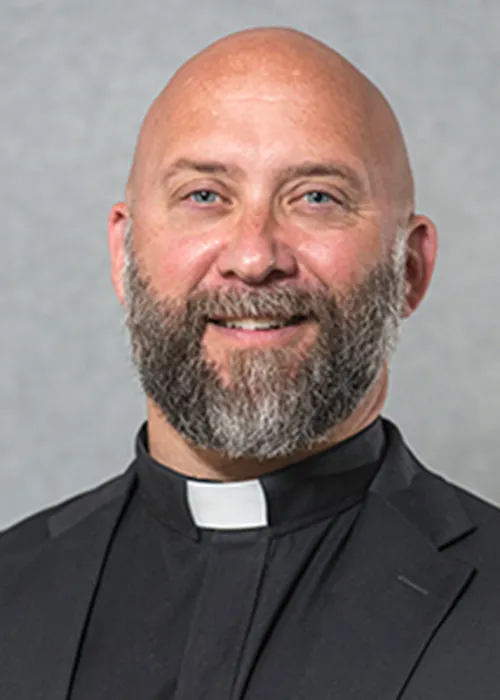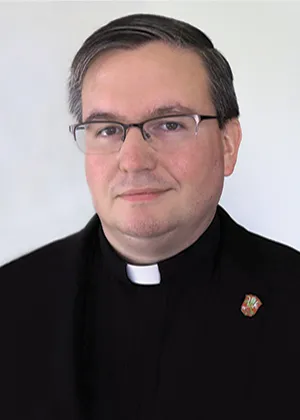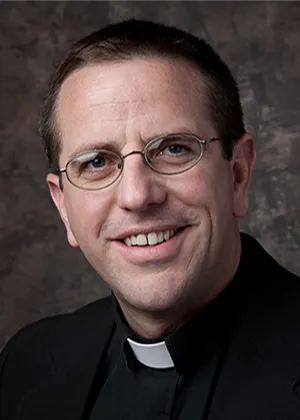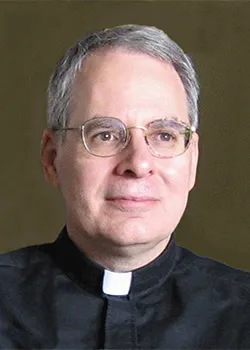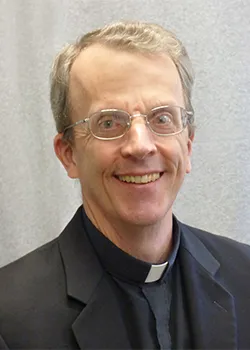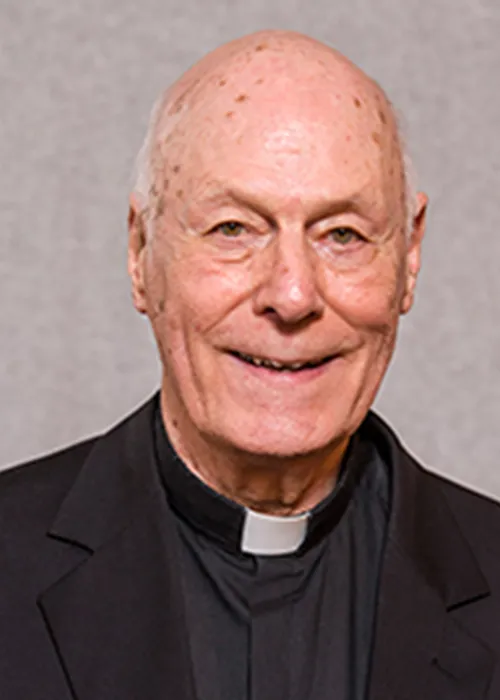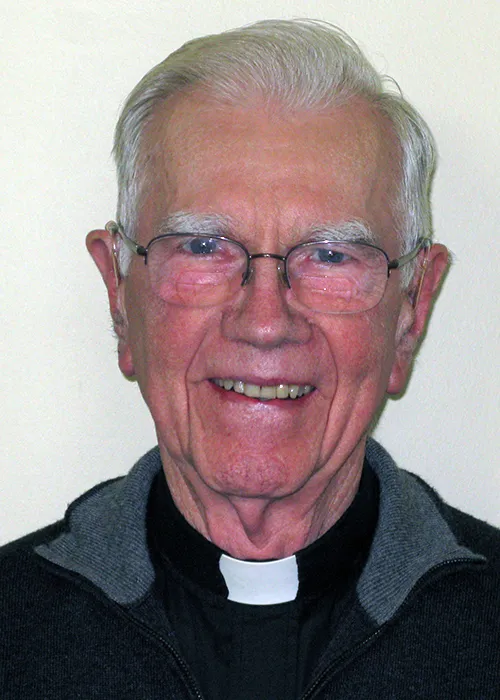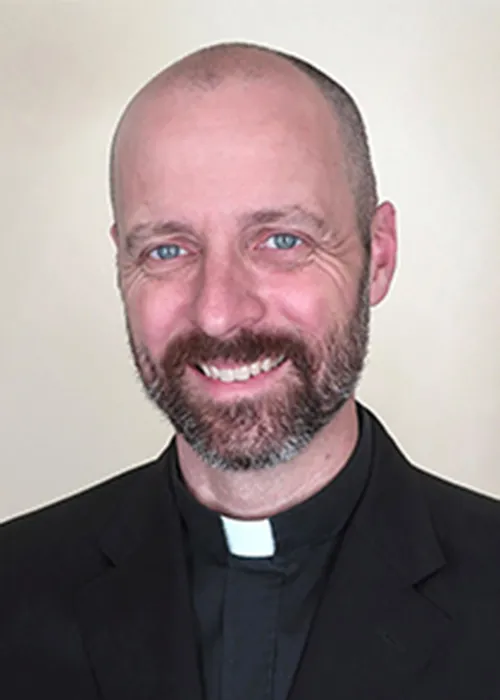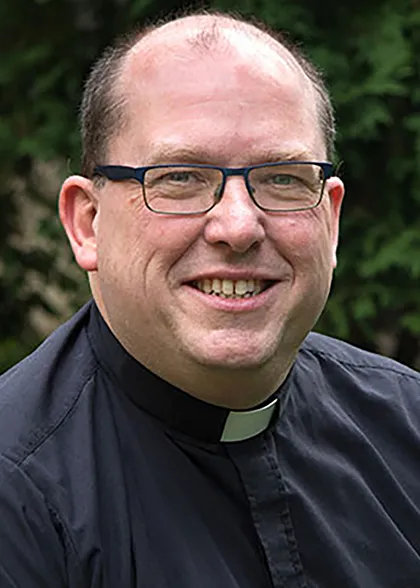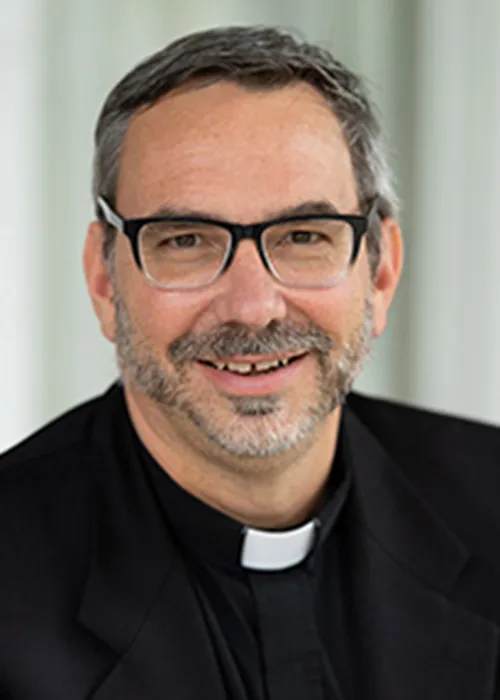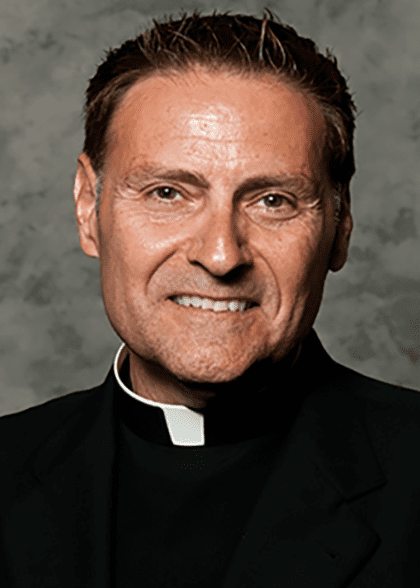Jesuits Authors
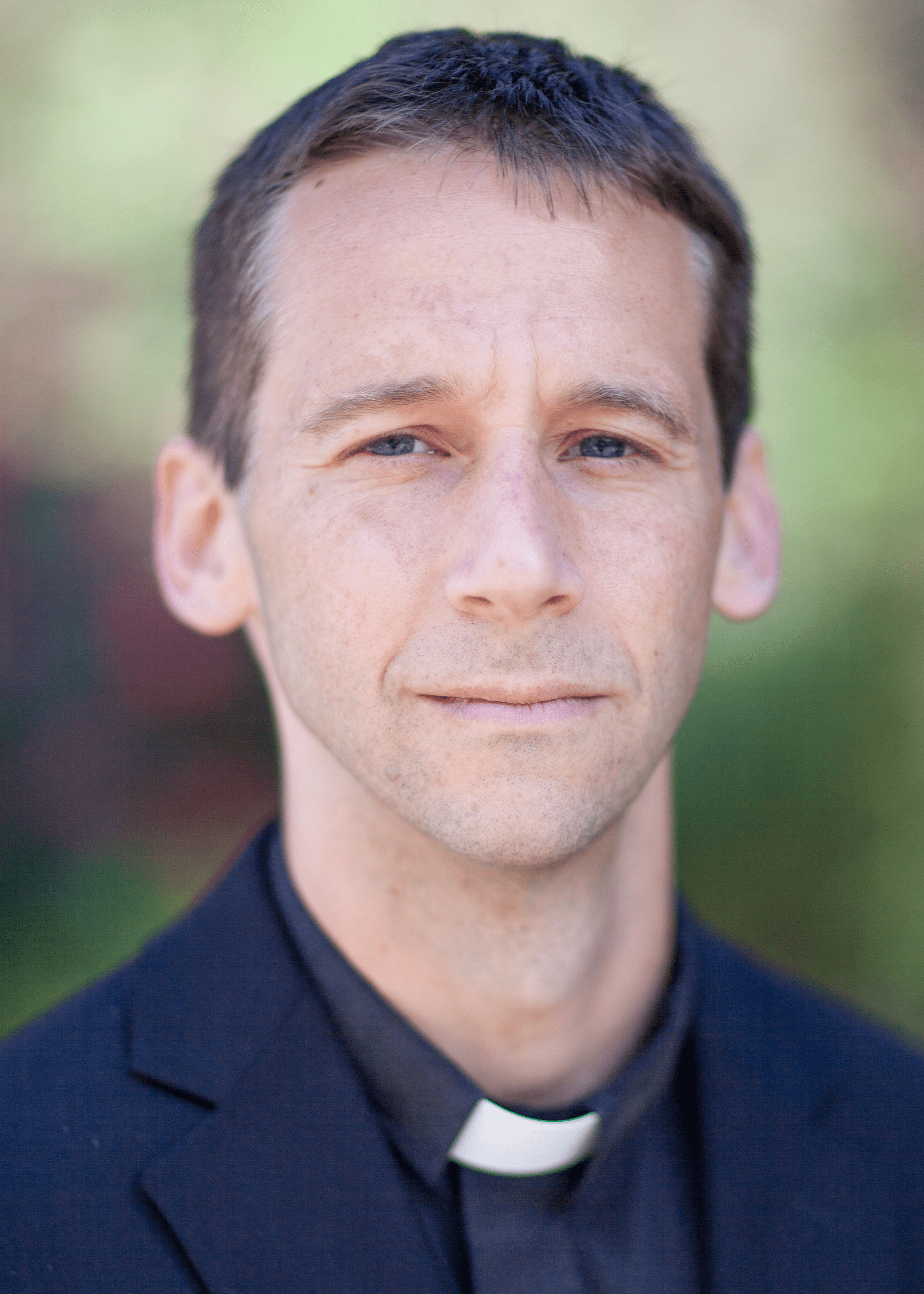
Fr. Aaron Pidel, SJ
Biography:
Father Aaron Pidel, SJ, has been a professor of theology at the Pontifical Gregorian University in Rome since 2022. Father Pidel was ordained in 2011 after 11 years in formation as a Jesuit. During this 11-year span, he developed further a previous academic love for ecclesiology and its role in theological history, focusing especially on how the philosophies adopted by past popes and Jesuits shaped the current climate of theology. Father Pidel has lent his gift of writing to America Magazine as a recurring contributor and has penned articles for several theological history journals. He has authored two books, published through Notre Dame Press and the Catholic University of America Press.
Publication list:
Church of the Ever Greater God: The Ecclesiology of Erich Przywara
In Church of the Ever Greater God, Fr. Pidel offers the first major English-language study of the ecclesiology of Erich Przywara, SJ, one of the most important Catholic theologians of the twentieth century. Father Pidel demonstrates how Przywara uses the concept of analogia entis to describe the structure and rhythm of the Catholic Church, maintaining Przywara’s theory that the biggest risk to the Church’s analogical equilibrium is a de-emphasis of the Ignatian ideas of reverence and missionary extraversion.
The Inspiration and Truth of Scripture: Testing the Ratzinger Paradigm
The Inspiration and Truth of Scripture situates Cardinal Joseph Ratzinger within a broader Catholic quest for a theology of inspiration. This book shows how Ratzinger’s paradigm generates “tests” for identifying valid affirmations of Scripture, and thus an approach to resolving disputed biblical questions. Must one who accepts the authority of Scripture believe in the Devil? Are the Marian dogmas really “in” Scripture? To what extent does Jesus’s prohibition of divorce still apply in today’s changed social circumstances? Just how historical are Gospel narratives, like the Last Supper, intended to be? The result is a book that bridges the gap between normative theology and historical exegesis.
Meet the Jesuit Authors
Jesuit Authors
- Jesuit Authors
- Fr. Aaron Pidel, SJ
- Fr. Barton Geger, SJ
- Fr. Bill McCormick, SJ
- Fr. Chris Collins, SJ
- Fr. Chris Kellerman, SJ
- Fr. Claude Pavur, SJ
- Fr. Dan Daly, SJ
- Fr. Fred Kammer, SJ
- Fr. Gene Martens, SJ
- Fr. Jerome Neyrey, SJ
- Fr. John W. Padberg, SJ
- Fr. Joseph Laramie, SJ
- Fr. Mark Mossa, SJ
- Fr. Mark Thibodeaux, SJ
- Fr. Michael Caruso, SJ
- Fr. Michael Harter, SJ

